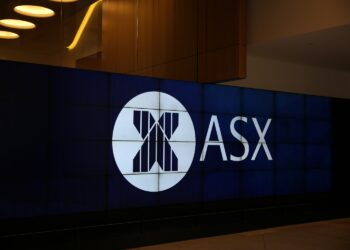In a note to investors, Saxo Bank head of macro analysis Christopher Dembik said there had been a “dramatic turnaround” in favour of public spending, especially from the International Monetary Fund, adding that the current economic climate is favourable to such spending.
“Economic liberalism, that has exerted an overwhelming influence on policymaking over the last thirty years, has been discredited by the emergence of the global financial crisis. There is no dominant economic ideology anymore,” he explained.
Mr Dembik added that borrowing rates, which are currently at historical lows, were also a driver of the push for more spending.
“Global credit conditions are close to the loosest they have ever been with the average yield on global government bonds, all maturities included, hovering around 0.9 per cent, which is well below the 10-year average of 2.30 per cent,” he said.
“In some cases, the situation is even more unusual, such as in Germany where more than 80% of the sovereign bond market is carrying negative rates.”
Asian markets are leading the way when it comes to fiscal stimulus, Mr Dembik said, pointing out that China has seen a 24 per cent increase in investment from publicly-owned companies in a bid to offset private investment slowdown.
“To limit the negative effects, promising measures have recently been decided including granting equal access to private investors in education and medical care, sending out inspections teams to make sure projects are carried out on the ground and investing in infrastructure in rural areas, where it is really needed,” Mr Dembik said.
Read more:
Government to criminalise BBSW manipulation
NAB completes sale of MLC Life Insurance
Australian funds stronger on ESG measures
CBA advice review lacked ‘requisite speed’
Henderson Group merges with Janus Capital







